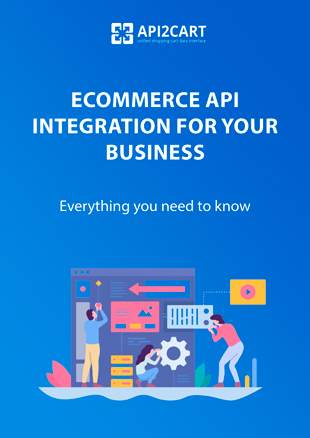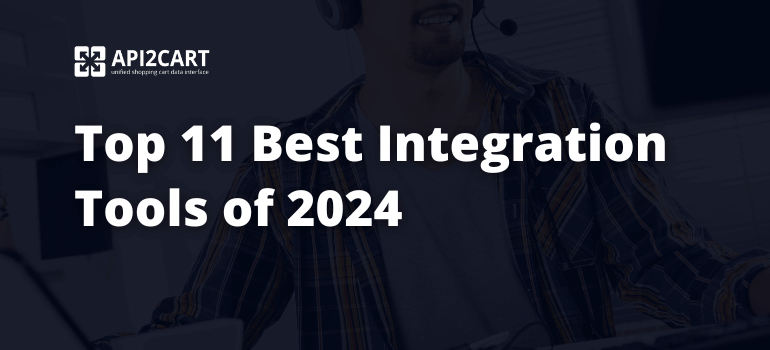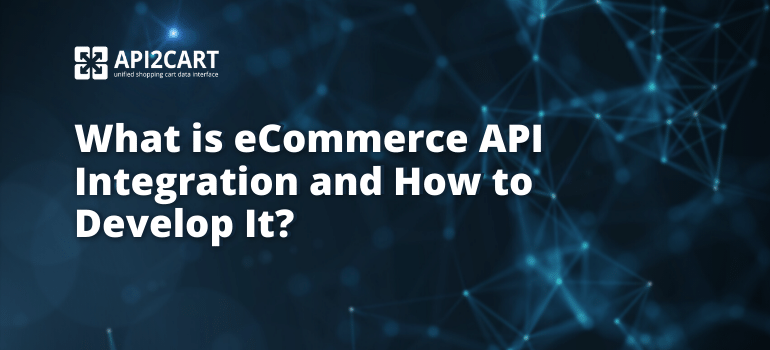
This subject requires strong monitoring, discovering and discussion. Hope, that this article, written by Kin Lane, an API evangelist and expert in the industry, will help you to understand this technology better.
What Is An API?
An API - Application Programming Interface - at its most basic level, allows your product or service to talk to other products or services. In this way, an API allows you to open up data and functionality to other developers, to other businesses or even between departments and locations within your company. It is increasingly the way in which companies exchange data, services and complex resources, both internally, externally with partners, and openly with the public.Why Do You Need An API?
An API is the cornerstone of what is widely seen as the next iteration of business development, where having a well-developed API is poised to be the way in which business relationship are established and maintained in an online, 24/7 digital economy. A decade ago, businesses were still working to understand the importance of having a website for doing business. Today, businesses are beginning to understand the similar importance in having an API. Whether your API provides programmatic access to information that is already on your website like company directory or product catalog, providing secure access to trusted partners, an APIs is becoming essential for operating in current markets, and effectively competing. You currently put products and services on the Internet for your human consumers to access in the form of websites and applications. APIs are the wholesale version of a web presence, allowing others to access and integrate your data and resources into their public or private sites and applications.What Technology Goes Into An API?
APIs are driven by a set of specific technologies, making them easily understood by developers. This type of focus means that APIs can work with any common programming language, with the most popular approach to delivering web APIs being REST, or REpresentational State Transfer. REST takes advantage of the same Internet mechanisms that are used to view regular web pages, giving it many advantages, that can result in faster implementations and easier for developers to understand and use. REST APIs allow you to take data and functionality that may already be available on your website and make them available through a programmatic API, that both web and mobile applications can use. Then, instead of returning HTML to represent the information like a website would, an API returns data in one of two possible formats:- Extensible Markup Language (XML)
- JavaScript Object Notation (JSON)
- Basic Auth
- OAuth
The technology that are commonly found in APIs was not designated by a single standards body or by a single company, it is based upon emulating the best practices of existing, successful providers over the last 13 years.
API Integration
Integrating with a single API can be tough, let alone multiple APIs. API integration involves on-boarding, exploration, education, authentication, code samples, testing, monitoring and sandboxing. An average API integration project involves everything between the discovery of APIs and when the application goes into production.
As the average web or mobile application evolves from using one or two APIs, to potential 10 or 20, the need to escalate and streamline the integration will become critical. Developers are already feeling the pain, and a new breed of API integration services and tools are emerging to meet the demand.
This new breed of API service providers are looking to aid developers in finding the best of breed APIs, learn about how they work, and get up and running as fast as possible.
Once a developer has successfully integrated with API resources, there is a transition from integration to operation, and a whole other opportunity to provide tools and services that will ensure success for developers.
API integration has moved beyond the hobby mashup and the challenges of single API integration and is becoming about building essential applications around mission critical, API driven resources that reside internally, via partner systems and across the Internet.
API2Cart is an online service that provides single API to perform integration with 40+ shopping carts simultaneously, including such leaders as Magento, WooCommerce, BigCommerce, Shopify, and others. So, in case you provide services in such industries as data feed, repricing, accounting, e-mail marketing or other eCommerce oriented services, integration with multiple platforms will surely bring a lot of advantages. In aggregate, all API2Cart’s supported platforms cover 80% - 85% of entire e-market that equals to 1+ million of online stores owners as your potential customers.
If there are any questions, issues, or special requests according to you business demands, schedule a FREE Consultation. Let our expert help you!



